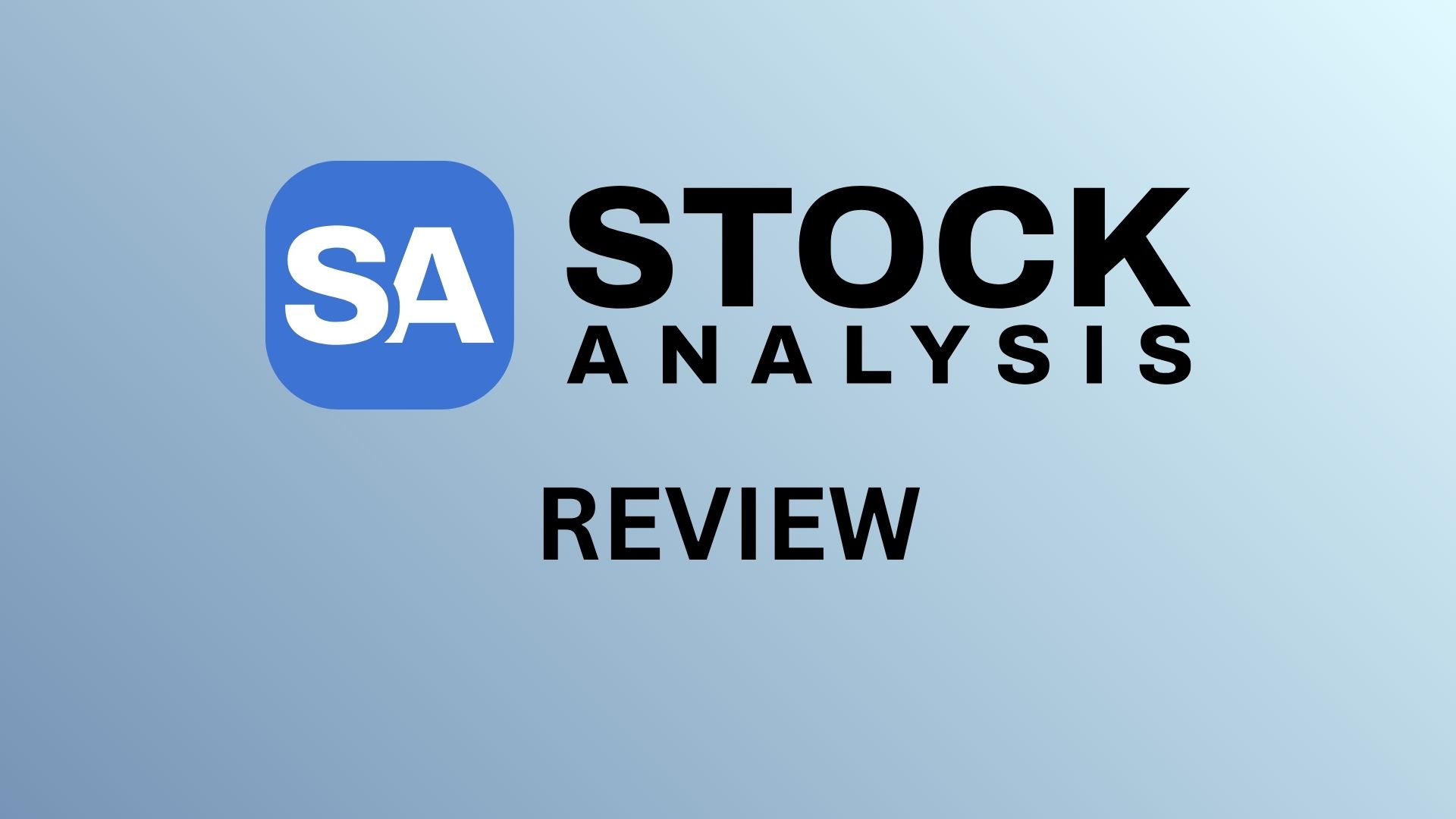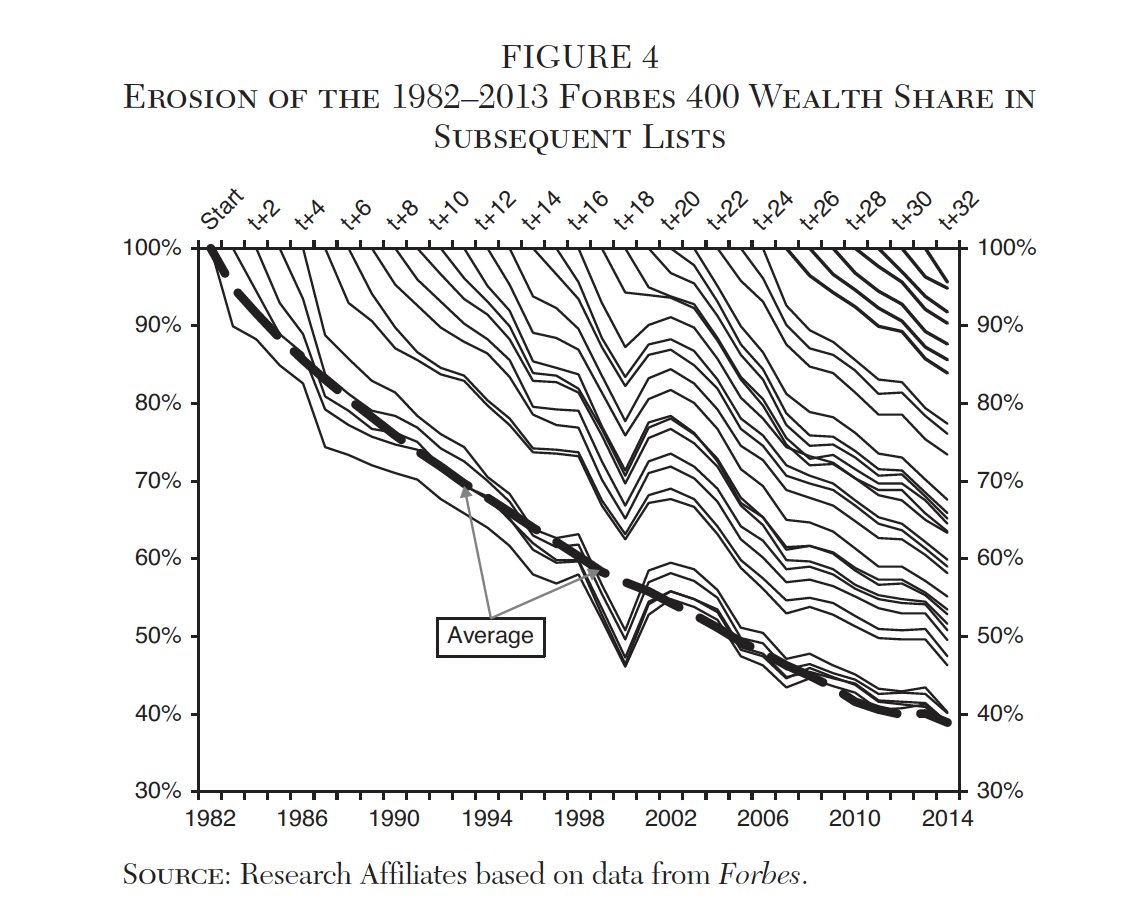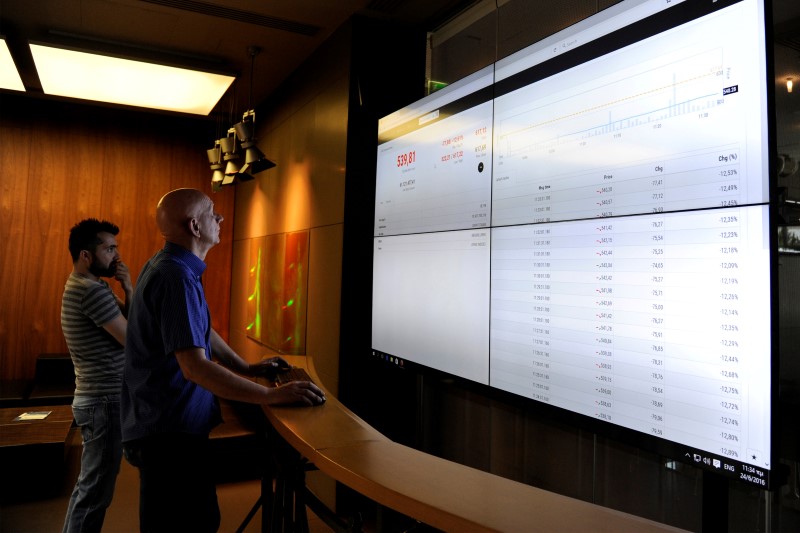TD Bank hapabapa/iStock Editorial via Getty Images
The Toronto-Dominion Bank (NYSE:TD)(TSX:TD:CA) has a lot of interesting things coming in the new year. It has two major M&A deals set to close in the year ahead, and a few catalysts that provide hope for strong organic growth. In the coming months, TD is expected to close its deals to buy First Horizon (FHN) and Cowen (COWN). First Horizon is a U.S. regional bank that will add $85 billion in assets to TD’s books when the deal closes, Cowen is an investment bank with a reputation for jumping on new markets early. Both deals have their virtues. First Horizon is experiencing rapid (37%) revenue growth, Cowen is cheap, being acquired by TD at a discount to its all-time high.
I’ve discussed my opinions on TD Bank overall in many past articles. The gist of my take on TD is that it’s cheap, it’s making good money in the U.S., its earnings from the Charles Schwab (SCHW) investment are rising, and it offers solid dividend income. On top of that, it has a high CET1 ratio (16.2%) suggesting high capital adequacy. If you want a “big picture” take on TD Bank, you can check out this article, which covers valuation, growth, and other key factors.
In today’s article, I want to take a deep dive look at TD’s most obvious catalysts:
Acquisitions.
In 2023, these will be huge drivers of results for TD, as about $14.7 billion is set to be spent on them ($13.4 billion for FHN and $1.3 billion for COWN). TD stock is well known for its high dividend yield; if the bank succeeds in closing its two big deals, then it may be able to increase its dividend further. However, both of these deals create risks and challenges that investors need to be aware of. The FHN deal gets more expensive each day it fails to close, and the COWN deal is buying into an industry that’s struggling this year.
After considering both pros and cons, I consider TD Bank to be one of the best dividend stocks for 2023 and beyond. The company is already growing faster than its peers, and its two upcoming deals could kick the growth into high gear. In this article, I will take a “deep dive” look at those two deals, and how they contribute to my bullishness on TD in 2023.
First Horizon
First Horizon is TD Bank’s biggest deal set to close in 2023. TD is paying $13.4 billion for FHN. For that price tag, it’s getting:
$85 billion in assets ($115 billion in Canadian dollars at today’s exchange rate).
$861 million in earnings assuming 0% growth next year ($1.17 billion in Canadian dollars at today’s exchange rate).
It’s quite a package of value that TD is buying here, but do note the price tag:
At $13.4 billion, FHN is valued at a far higher multiple than the typical U.S. bank trades at. If you divide $13.4 billion by $861 million, you get a 15.5 deal P/E ratio. By contrast, U.S. financials as a whole typically trade at 12.6 times earnings.
Because of the price tag, I was initially not totally sold on the FHN deal. I wasn’t against it, but I wasn’t overly enthusiastic about it. I figured it could be worth it if the synergies TD expected ($600 million worth) materialized.
My opinion started to change when FHN’s third quarter earnings came out. In the third quarter, First Horizon delivered:
$875 million in revenue, up 19%.
$662 million in net interest income, up 35%.
$406 million in pre-provision net revenue, up 91%.
$268 million in net income, up 14%.
$486 million in expenses, down 11%.
Basically we saw strong growth in every category other than expenses, which declined significantly. So, it was a strong showing all around. If the third quarter indicates the start of a new trend, then the First Horizon deal is not as expensive as it initially looked to be. $268 million is $1.072 billion on an annualized basis. Using that in place of actual trailing 12 month earnings, we get a deal P/E ratio of 12.45–typical for a financial stock held in the Vanguard Financials Index Fund (VFH). Assuming that last quarter’s earnings can be maintained next year (i.e. 0% sequential earnings growth), then TD’s First Horizon deal is getting cheaper.
In fact, it’s getting cheaper even when you factor in the money TD is paying out due to the delays.
One of the issues with the First Horizon deal that many have criticized is the price TD will pay for every day past the closing deadline. The price is $0.65 per share on an annualized basis, which works out to $1 million a day in total. If you use trailing earnings, then the deal P/E ratio, with $0.65 per share added on, increases to 15.96. That is quite high for a bank. However, if last quarter’s earnings growth reflects next year’s average earnings level, then the forward deal P/E ratio is only 12.76, which is only slightly higher than the average financial stock. So, depending on how FHN performs, this deal may not really be all that expensive after all.
The Cowen Deal
Next up, we have the Cowen deal. This deal was recently approved by Cowen shareholders, it just needs some regulatory approvals before it can close. So far, there haven’t been any political controversies pertaining to TD’s deal to buy Cowen. This is in contrast to the FHN deal, which attracted scrutiny from the U.S. Senate.
The Cowen deal has a cheaper valuation than the First Horizon deal does. According to TD’s press release, COWN is being valued at 1.8 times book value and 8.1 times Cowen’s estimated 2023 earnings. This deal looks cheaper than the FHN deal, but growth tells a slightly different story: Cowen’s revenue declined 30% in the trailing 12-month period. FHN’s ttm revenue only declined 13%, and its most recent quarter actually saw a sizable jump in revenue.
You might think that TD is buying a declining business here, but it’s not so simple. M&A is a notoriously cyclical business: during recessions, firms often lack money to buy businesses; in periods of monetary tightening, they have to pay higher interest on funds borrowed to buy businesses. As a result, deal making tends to dry up in recessions, as well as in periods when the cost of capital increases.
The same is true of IPOs. Tech IPOs took a large hit in 2022, as falling tech stock prices made IPOs less appealing. Tech IPO underwriting fees fell 94% in 2022, while overall investment banking revenue fell 40%. One interesting tidbit here is that Cowen actually out-performed its industry with its 30% revenue decline. However, the bigger picture is that this year’s weakness in investment banking is a cyclical phenomenon. M&A activity generally declines when the cost of capital rises, and the Fed has been raising interest rates all year long. If interest rates fall in the future, or if the expected recession doesn’t materialize, then Cowen’s revenue could start rising again. Indeed, we would expect it to, if the economy rebounds: M&A deals and IPOs both tend to pick up during economic expansions.
Investment banking has been one of the weaker financial sub-sectors this year, but that arguably makes the Cowen deal all the more enticing. Unlike with FHN, TD is not paying an unheard-of price of COWN. The price being paid ($39 per share) is actually a discount to the all-time high ($42.5). That in itself doesn’t make Cowen a bargain for TD; it could be that Cowen was simply overvalued in 2021. However, it does suggest that TD was not “desperate” to make this deal.
FHN and COWN Combined: Impact on TD’s Earnings
Having looked at TD’s FHN and COWN deals, we can now explore their impact on TD’s own valuation.
As mentioned previously, First Horizon had $861 million in earnings in the trailing 12-month period.
Cowen had $128 million.
If you add these sums to TD’s own ttm net income ($12.79 billion), you get to $13.78 billion in post-deal net income. Now, this is simplifying quite a bit, because these deals have closing costs like legal and M&A fees, but TD has said that both deals will be immediately accretive in the year they close. On the other hand, TD’s organic growth has been strong this year (GAAP earnings grew 76% last quarter), so, $13.78 billion in post-deal earnings seems like a reasonable estimate. With 1.81 billion shares outstanding, that turns into $7.61 in earnings per share. With a $65 stock price, we get to an 8.4 post-deal P/E ratio. That’s pretty cheap.
Of course, all of the above relies on many estimates. It assumes that First Horizon’s earnings don’t decline, that Cowen’s earnings don’t continue to decline, and that TD’s stock price stays at $65. Any of these assumptions could easily be violated, but basically, if all relevant factors were to remain as they are today, then TD would increase in value by having acquired First Horizon and Cowen.
The Bottom Line
The bottom line on TD Bank is that it’s one of Canada’s best banks. It has strong growth, a cheap valuation, and two promising M&A deals in the works. There are some real concerns about the FHN price tag spiralling out of control if the deal doesn’t close soon, but TD will gain the option to terminate the deal on February 27. The Cowen deal is for a modest valuation and will likely add to TD’s intrinsic value. Even if neither deal closes, TD’s organic growth is the envy of Canadian financial services, and the dividend yield is over 4%. For these reasons, TD is my top stock for 2023 and beyond.















